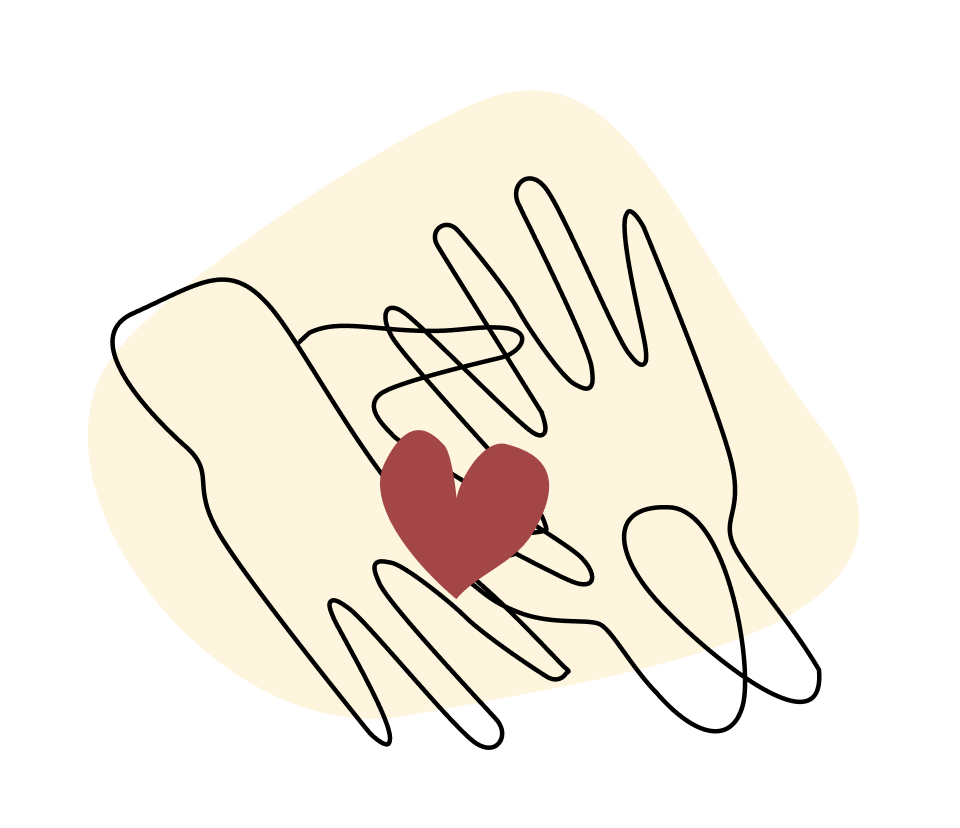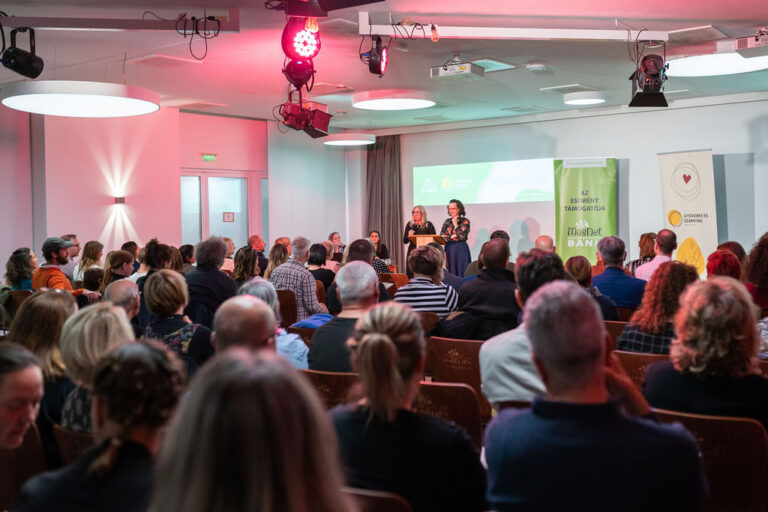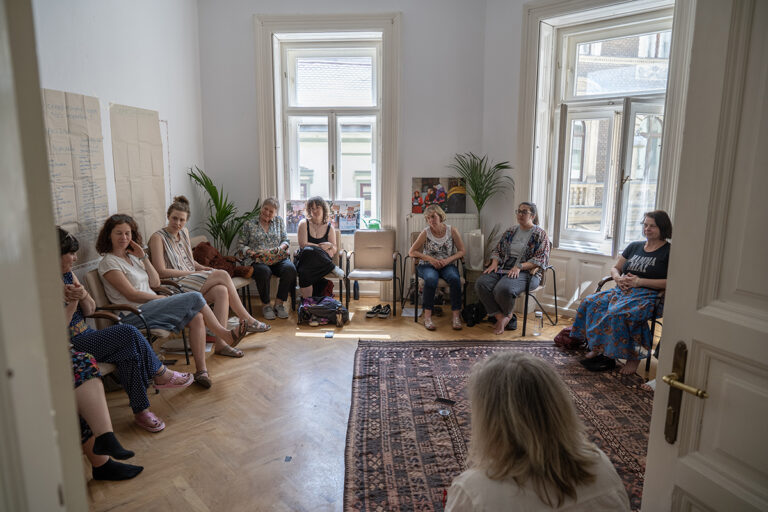How to Stay on Your Feet in Changing Times? – The Basics of Organisational Resilience
Civil society organisations must stand their ground in an increasingly unpredictable and unstable environment. External challenges, internal tensions, lack of resources, political pressure, or simply changing social needs test not only their operations but also their internal cohesion on a daily basis. In such times, one capacity becomes especially valuable: resilience – that stable inner centre we can return to again and again when something throws us off balance. But what makes up this centre? What skills, connections, and organisational culture should we consciously build so that we not only survive, but also preserve our well-being and momentum along the way?
Shared Values and a Sense of Purpose
One of the most important foundations of resilience is a shared set of values. This not only serves as a compass but also as a cohesive force that helps weather difficult times. Members of the organisation know why they are working together, what their goals are, and why their work matters – they are connected to it not only rationally but emotionally as well. This “higher purpose” is not an abstract idea but a lived experience: the sense that what we do matters and has an impact on the world.

Learning from Every Situation

The ability to learn is a key factor. We can – and must – learn not only from successes but also from failures. It is important to pause from time to time, look at what happened, discuss what worked and what did not, and draw the lessons. However, learning can only work if we know our own reality – both internally and externally, or through the people we work with and connect to. The further we are from reality, the less able we will be to learn well or draw relevant conclusions.
Relationships That Sustain Us
The source of an organisation’s momentum often lies in the people for whom we do the work. Partners, communities, supporters – they provide the energy, the reinforcement, and the reality check. It is important that these relationships are not one-way: we should also make sure that our relationships with them remain alive, mutual, and strengthening. Just as important are internal relationships – the trust and support between colleagues.

Trust as a Foundation

The foundation of organisational resilience is trust. Without it, everything is difficult; with it, anything can be discussed. A simple question can help gauge the level of trust in a team: would you buy a used car from your colleague? If the answer is yes, you are on the right track. Trust makes it possible to hear each other’s suggestions, criticisms, and ideas – all with the assumption that the other person means well and is acting in service of the shared mission.
Equality and Honest Communication
Maintaining a partnership mindset and open, honest communication is crucial even in organisations with formal hierarchies. Roles differ, but people are equals. A leader is not “above” others but takes responsibility – yet they can still learn, make mistakes, and ask questions. In an organisational culture based on openness, everyone can voice their opinion, and this will be seen not as a threat but as a resource.

Resilience, therefore, is not a static state but an actively maintained capacity. Shared values, learning, relationships, trust, and openness together create an environment where a civil society organisation can not only survive but grow and have a real impact on the world. And this is perhaps more relevant now than ever before.
This article was written by Dóra Simay based on an earlier interview with Tímea Rózsa (organisational development consultant, ICG).






